The Friday assault on Pouria Zeraati, a journalist and host of Iran International TV, by unidentified individuals in London has rekindled concerns over threats posed by the Islamic Republic.
Highlighting the ongoing danger faced by journalists working for Persian-language media outside Iran, the attack underscores the Islamic Republic’s campaign of terror.
The Islamic Republic, notorious for transforming Iran into the world's largest prison for journalists, extends its terror tactics beyond its borders through abduction of journalists, intimidation tactics, persecution of families, and plots to assassinate members of the press.
Iran International TV has been subject to threats and assassination plots.
Just over three months ago, ITV News in the UK released an investigative report revealing that agents of the Islamic Republic offered $200,000 to a human trafficker to assassinate two news anchors, Sima Sabet and Fardad Farahzad, referred to as ‘Bride and Groom’ in the report.
The aim of this assassination plot, as outlined in the report, was to show critics of the Islamic Republic that they could be harmed at any time.
The report came shortly after the unexpected closure of Iran International's London studio due to increased threats and warnings from the London police.
The report mentioned that during the nationwide protests in Iran in the fall of 2023, plans were made to attack Iran International's studios in West London with a car bomb.
However, due to heightened security around the building, the plan shifted to targeting the network's presenters for assassination.
The smuggler referred to as "Ismail" by ITV News stated that those who ordered the assassination emphasized that the deed must be carried out in London regardless of the circumstances.
ITV also obtained evidence implicating a commander of the Islamic Revolutionary Guard Corps (IRGC) named Mohammad Reza Ansari planning it, with its execution given to a relative of Bashar Assad in Syria named Mohammed Abdul Razzaq Kanfani.
Mohammad Reza Ansari is listed on the US sanctions list as an IRGC commander.
Despite the revelations, Iran International resumed operations in London and now broadcasts its programs 24/7 from studios in both London and Washington.
On March 29, the host of one of Iran International’s popular programs was attacked by unknown assailants while leaving his home in Wimbledon, London.
He was stabbed in the leg multiple times.
An investigation into the incident has been launched by the Counter Terrorism Command of the London Metropolitan Police.
In late 2022, Iranian Intelligence Minister Ismail Khatib stated in an interview with Supreme Leader Ali Khamenei’s website that those associated with Iran International TV would be ‘pursued’ by his ministry.
"From now on, any kind of connection with this terrorist organization will be considered to be tantamount to entering the field of terrorism and a threat to national security," he said.
Volant Media, Iran International’s broadcaster, said in a statement that two British-Iranian journalists working in Britain had received ‘death threats from the IRGC.’
It described the threats as a "dangerous escalation" of attempts by the Islamic Republic to silence media in the face of nationwide protests.
BBC Persian service staff has faced challenges including property seizures, threats, and harassment.
In 2018, the BBC revealed that 152 employees and their families of its Persian service had been blocked from accessing their properties by the Iranian government.
A year prior, the media outlet had filed a complaint with the United Nations against the Islamic Republic of Iran for harassing its employees.
Research published in November 2016 revealed that out of 96 BBC Persian employees, 85 had family members interrogated by Iranian intelligence and security organizations.
Harassment of BBC Persian employees’ families dates back to the early years of BBC Persian television.
For instance, Saeedah Hashemi, a BBC Persian employee, received a call from her detained sister’s Skype account during her sister’s detention by intelligence agents.
Interrogators from the Ministry of Intelligence spoke through her sister's account, attempting to gather information to pressure Hashemi.
Similarly, Nagin Shiraghaei, while working at BBC, faced harassment when her father was arrested and interrogated during his chemotherapy treatment.
Intelligence agents even coerced her brother into contacting her and persuading her to visit a third country, such as Armenia or Indonesia.
Such tactics of harassing families to silence journalists are not uncommon in exile.
Sejad Shahrabi, brother of Shima Shahrabi, IranWire’s Persian site editor, was arrested in Iran last year to pressure IranWire’s staff.
During interrogation, he was questioned about IranWire's editorial team.
He later disclosed that he was informed that if his sister returned to Iran, she would be "safe."
visit the accountability section
In this section of Iran Wire, you can contact the officials and launch your campaign for various problems









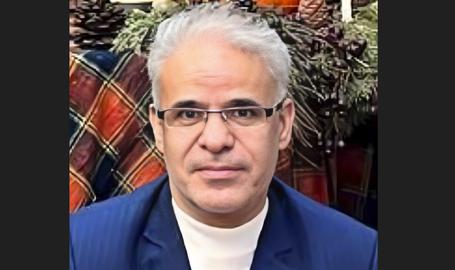
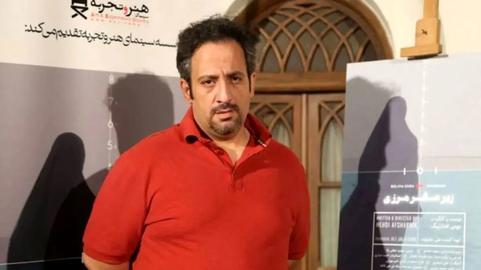

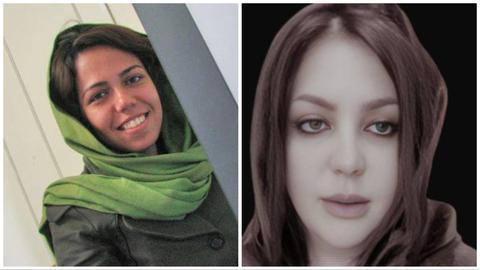
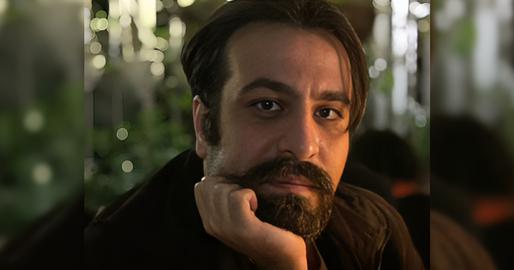


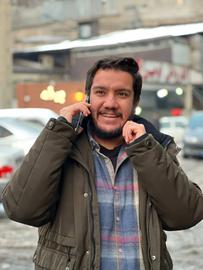
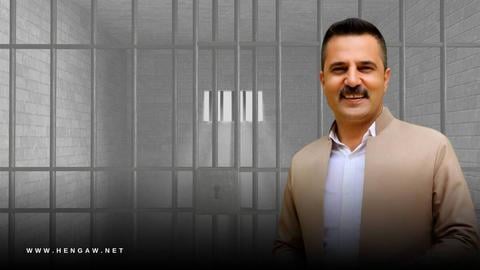
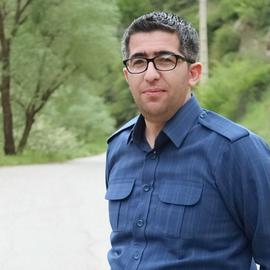


comments